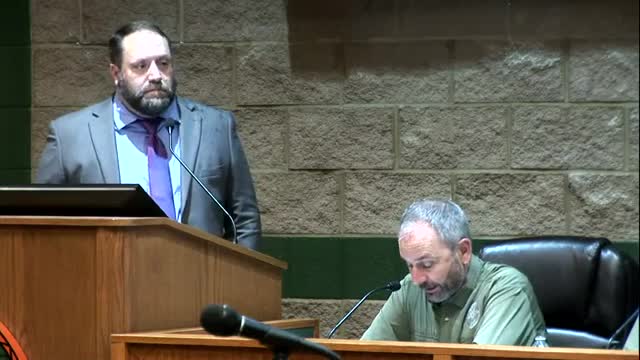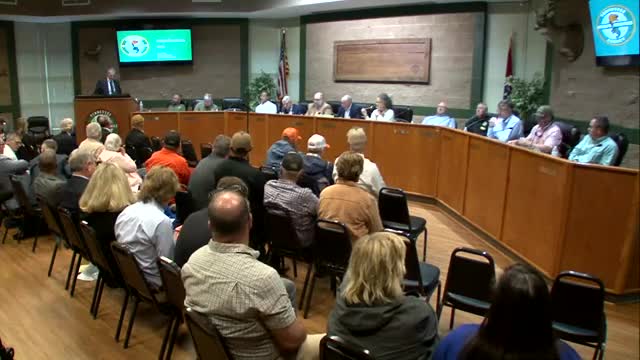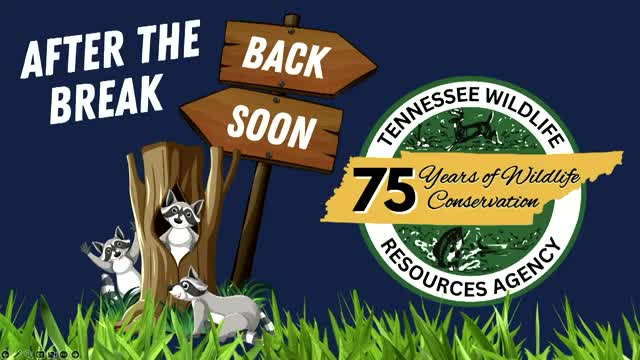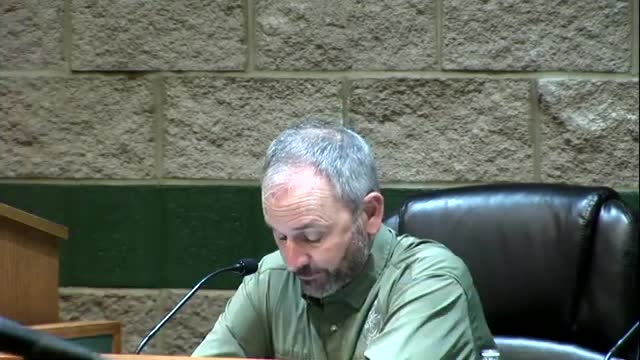Article not found
This article is no longer available. But don't worry—we've gathered other articles that discuss the same topic.

TWRA wildlife committee backs big-game seasons; debate over straight‑wall cartridges and turkey start date continues

Votes at a glance: committee recommendations forwarded to full TWRA commission

TWRA budget committee refers $2 million disaster‑response budget expansion to full commission

TWRA recommends new public hunting areas and updates WMA rules; committee adds limited access on closed waterfowl days

